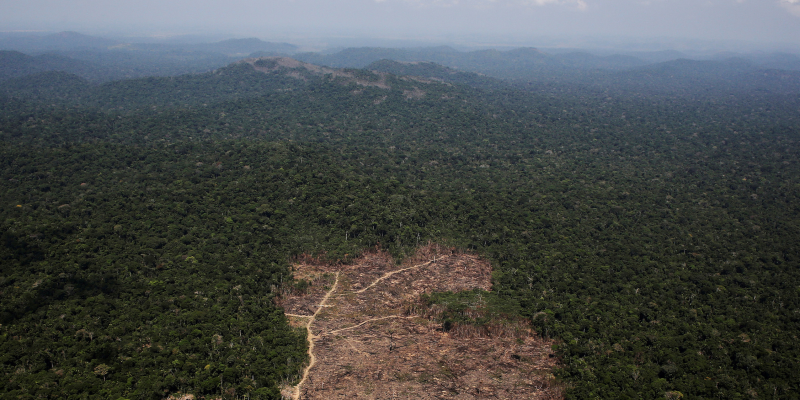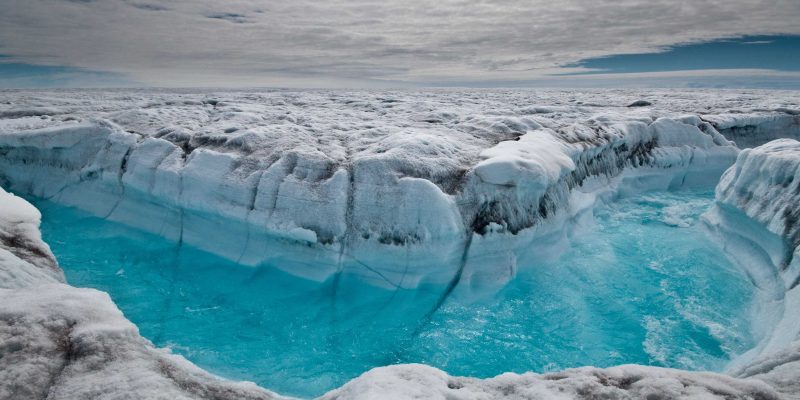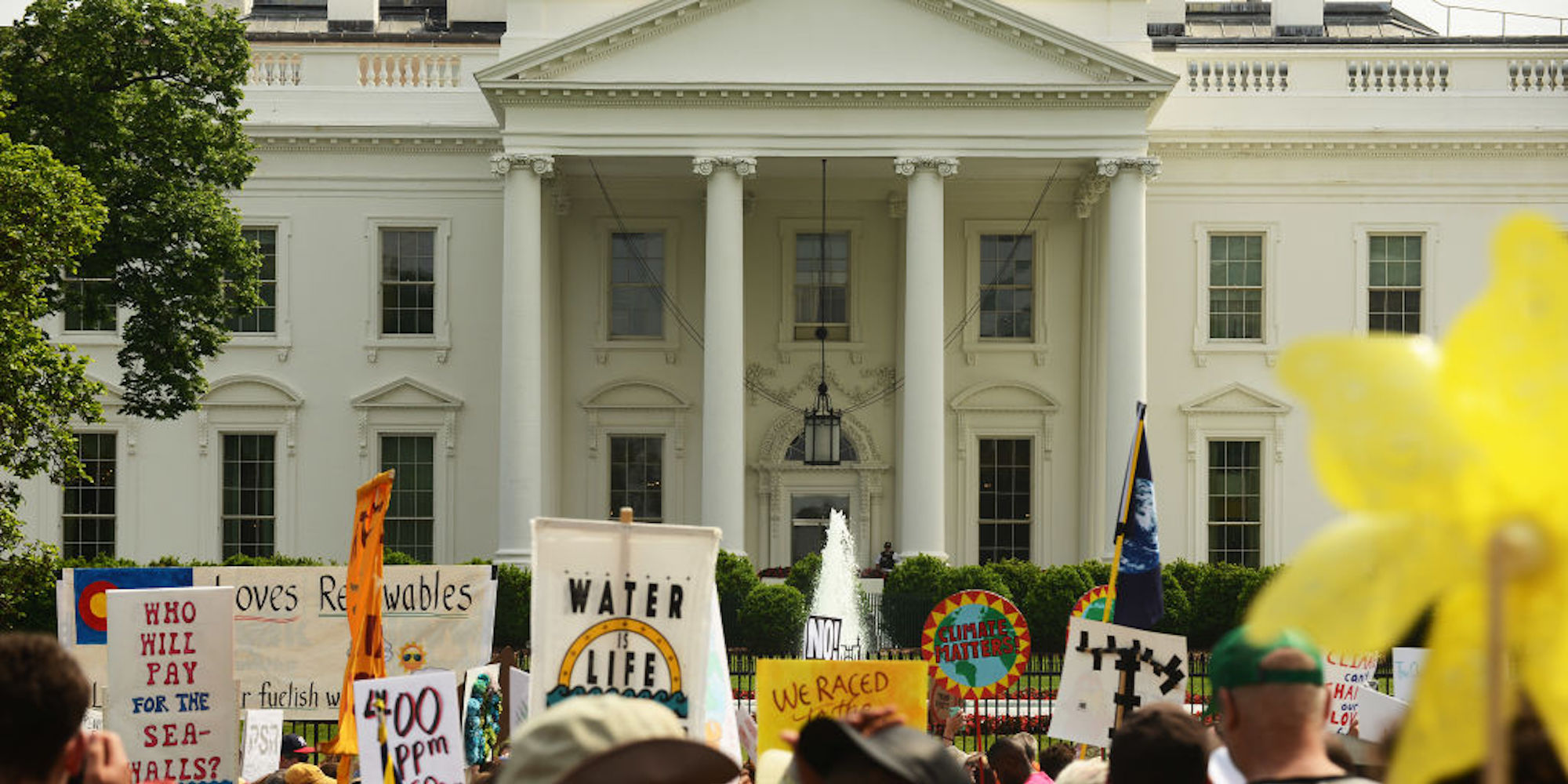- The Trump administration is stepping up its war against measures to address climate change, according to The New York Times.
- The administration reportedly plans to prevent the National Climate Assessment, a report funded by the federal government, from assessing worst-case scenarios in its four-year reports.
- The US Geological Survey will also be made to change its modeling to project only until 2040, not a century ahead, as in previous assessments, The Times said.
- “What we have here is a pretty blatant attempt to politicize the science – to push the science in a direction that’s consistent with their politics,” Philip B. Duffy, the president of the Woods Hole Research Center, told The Times.
- Visit Business Insider’s homepage for more stories.
The Trump administration is launching a new attack against the US federal government’s attempts to measure the impact of climate change, The New York Times reported Sunday.
Chief among the administration’s targets is said to be the federal-government-funded National Climate Assessment, which is released about every four years.
Last year’s report painted a stark picture of the potentially catastrophic effects of climate change, which stood in stark contrast to remarks made by President Donald Trump questioning the reality of human-caused climate change.
The report, which is produced by a consortium of 13 US government agencies, estimated that if left unchecked, climate change would cost the US economy hundreds of billions of dollars and threaten the health, safety, and quality of life of Americans.

The Trump administration has championed environmentally damaging fossil fuels in the name of economic growth. But the report explicitly says climate change will hit the US economy hard in the longer term.
It described a future with rising sea levels giving rise to devastating storms and crop failures.
According to The Times, the Trump administration plans to ensure that future reports omit "worst-case scenario" projections from scientists.
"The previous use of inaccurate modeling that focuses on worst-case emissions scenarios, that does not reflect real-world conditions, needs to be thoroughly reexamined and tested if such information is going to serve as the scientific foundation of nationwide decision-making now and in the future," an Environmental Protection Agency spokesman, James Hewitt, told The Times.

Other measures reportedly being taken by the administration include banning references to the threat by National Security Council officials and making the US Geological Survey change its modeling to project only until 2040, not a century ahead, as in previous assessments.
"What we have here is a pretty blatant attempt to politicize the science - to push the science in a direction that's consistent with their politics," Philip B. Duffy, the president of the Woods Hole Research Center, who served on a National Academy of Sciences panel that reviewed the government's most recent National Climate Assessment, told The Times.
"It reminds me of the Soviet Union."
There are also plans for the physicist William Happer, who has described carbon dioxide as a "benefit to the world," to lead a review panel to question to findings of climate scientists.
Six months after his inauguration, Trump pulled the US out of the Paris climate agreement, and he has also rolled back a series of Obama-era climate-change regulations.
Earlier in May, Secretary of State Mike Pompeo even told delegates at the Arctic Council that global warming presented opportunities to forge new trade routes through regions of the Arctic where ice caps had shrunk.

